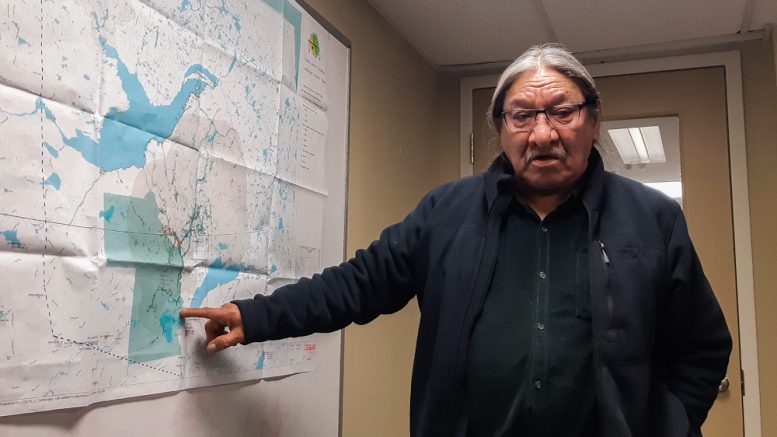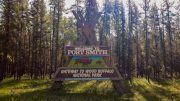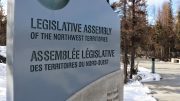If the federal government approves the massive Teck Frontier oilsands project, “Our rights are being trampled,” says Smith’s Landing First Nation Chief Gerry Cheezie.
He’s concerned the megaproject would negatively affect the waters that flow from the Peace river to the Slave, and ultimately up to the Mackenzie river and Arctic Ocean.
That was his message to Northern Affairs Minister Dan Vandal when they met earlier this week.
“We’re the gatekeepers of the water,” he told reporters following the meeting. “We’re speaking on behalf of all Dene.”
You can listen to the full conversation below:
What is the Teck Frontier mine?
It would be the biggest oilsands project in Alberta’s history; it would be built about 110 kilometres north of Fort McMurray; and, if approved, it’s expected to produce up to 260,000 barrels of oil per day starting in 2026 and into the 2060s.
In July, a review panel made up of Alberta and federal representatives recommended the mine move ahead, “despite finding it will have significant and permanent impacts on the environment,” as reported by The Narwhal. That means it’s in the final stages of approval with Prime Minister Trudeau’s cabinet being the last to give the OK.
If the project were to be approved, it would create billions of tonnes in carbon dioxide emissions, making it virtually impossible for Canada to reach its Paris Accord goals.
Teck Resources, the project’s proponent, says it would bring in tens of billions of dollars in revenue to both governments.
However, The Narwhal has repeatedly shown those estimates may be overblown.
Sharon J. Riley, a journalist following the development of the project closely, recently told the CBC, “If you look at some of their own documents, including their annual report which is widely available online, they do not seem that confident.”
The project has been in the review stages for nearly a decade. All of that should be coming to an end in late February when the federal government is expected to release its decision.
Chief Cheezie and other activists will be down in Vancouver to protest the project at the annual AME round up mining conference.
“We’re taking this fight on because we’re not moving anywhere,” said Chief Cheezie. “Our grandchildren are going to stay in that area and live there.”
Francis was a reporter with CKLB from January 2019 to March 2023. In his time with CKLB, he had the immense pleasure and honour of learning about northern Indigenous cultures.









